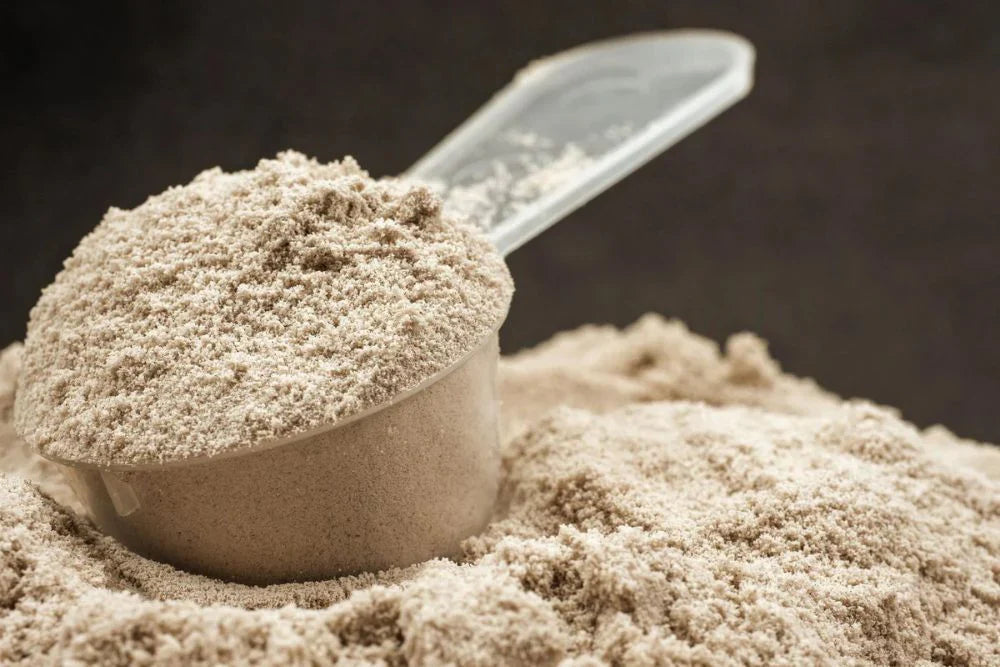
The Vital Role of Protein in Daily Life
The Vital Role of Protein in Daily Life
Protein, often hailed as the building block of life, plays a crucial role in our overall health and well-being. It is an essential nutrient that serves a multitude of functions within the body. In this blog, we will explore the significance of protein and why it should be an integral part of your daily diet.
Muscle Growth and Repair:
Proteins are made up of amino acids, which are the building blocks for tissues, muscles, and organs. They play a pivotal role in muscle repair and growth. Individuals engaged in regular exercise or strength training require an increased protein intake to support muscle recovery.
Enzyme Production:
Enzymes are essential for facilitating various chemical reactions in the body. Many enzymes are, in fact, proteins. Without them, vital processes like digestion, metabolism, and cell repair would be severely compromised.
Immune Function:
Protein is crucial for a robust immune system. Antibodies, which help fight infections and illnesses, are composed of proteins. A deficiency can weaken your body's ability to ward off diseases.
Balancing Hormones:
Hormones are messengers that regulate numerous bodily functions. Proteins are involved in the production of hormones like insulin, which regulates blood sugar levels, and various others that influence metabolism and growth.
Maintaining Healthy Skin, Hair, and Nails:
Collagen, a structural protein, is responsible for skin elasticity, hair strength, and nail durability. Including sufficient protein in your diet can help keep these vital aspects of your appearance in good health.
Feeling of Satiety:
Protein-rich foods tend to be more filling and satisfying, which can help control appetite and prevent overeating. This is particularly beneficial for those aiming to manage their weight.
Transportation of Nutrients:
Proteins are essential for the transportation of various substances, including vitamins, minerals, and oxygen, throughout the body via the bloodstream.
Fluid Balance:
Albumin, a type of protein found in blood, helps regulate fluid balance between blood vessels and tissues. This is crucial for maintaining blood pressure and overall cardiovascular health.
Conclusion:
Ensuring an adequate intake of protein is fundamental for maintaining optimal health and supporting various bodily functions. It's important to incorporate a variety of protein sources into your diet, including lean meats, dairy products, legumes, and plant-based options. By doing so, you provide your body with the necessary tools to thrive and function at its best. Remember, balance and variety are key in achieving a well-rounded and nutritious diet.


